Necessity is blind until it becomes conscious. Freedom is the consciousness of necessity
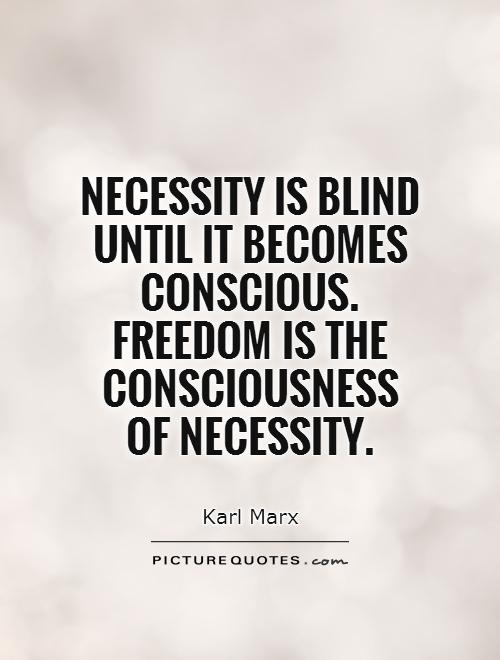
Necessity is blind until it becomes conscious. Freedom is the consciousness of necessity
Karl Marx, a renowned philosopher and economist, is known for his profound insights into the nature of society, economics, and politics. One of his famous quotes, "Necessity is blind until it becomes conscious. Freedom is the consciousness of necessity," encapsulates his views on the relationship between necessity and freedom.In this quote, Marx is highlighting the idea that individuals are often driven by necessity, or the basic needs and constraints of life, without fully understanding or being aware of the forces that shape their actions. Necessity, in this sense, can be seen as a kind of blind force that compels individuals to act in certain ways in order to meet their basic needs for survival, security, and well-being.
However, Marx also argues that true freedom comes from becoming conscious of these underlying necessities and understanding the social, economic, and political structures that shape our lives. By becoming aware of the forces that constrain us, we can begin to challenge and transform them, leading to a greater sense of agency and autonomy.
For Marx, true freedom is not simply the absence of external constraints, but the ability to consciously shape and control our own destinies. This requires a deep understanding of the social and economic forces that govern our lives, as well as a willingness to challenge and change these structures in order to create a more just and equitable society.

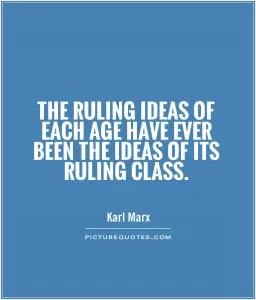
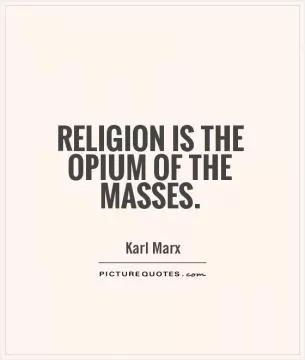
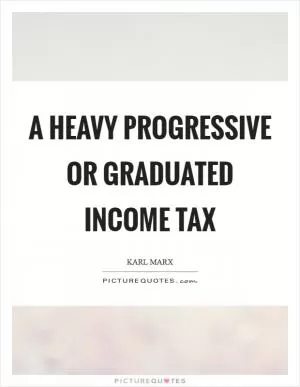
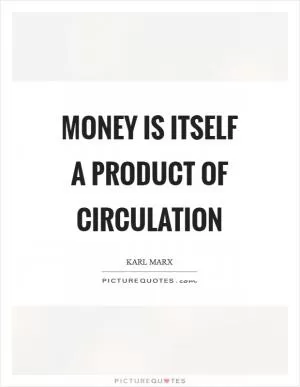
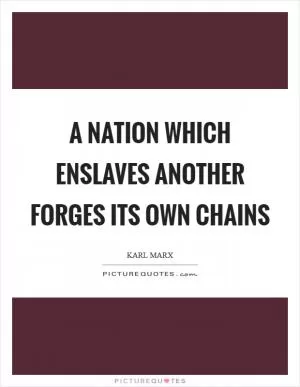
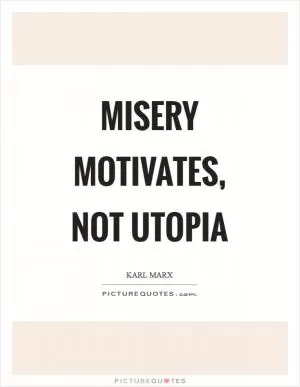


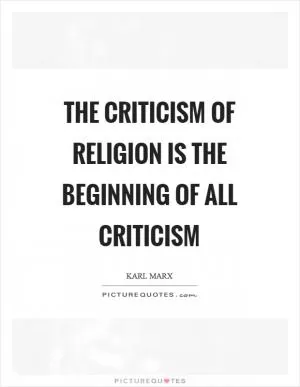
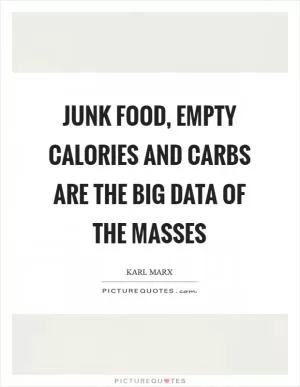
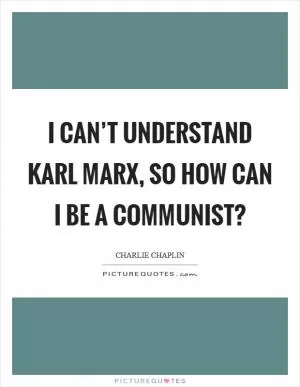
 Friendship Quotes
Friendship Quotes Love Quotes
Love Quotes Life Quotes
Life Quotes Funny Quotes
Funny Quotes Motivational Quotes
Motivational Quotes Inspirational Quotes
Inspirational Quotes